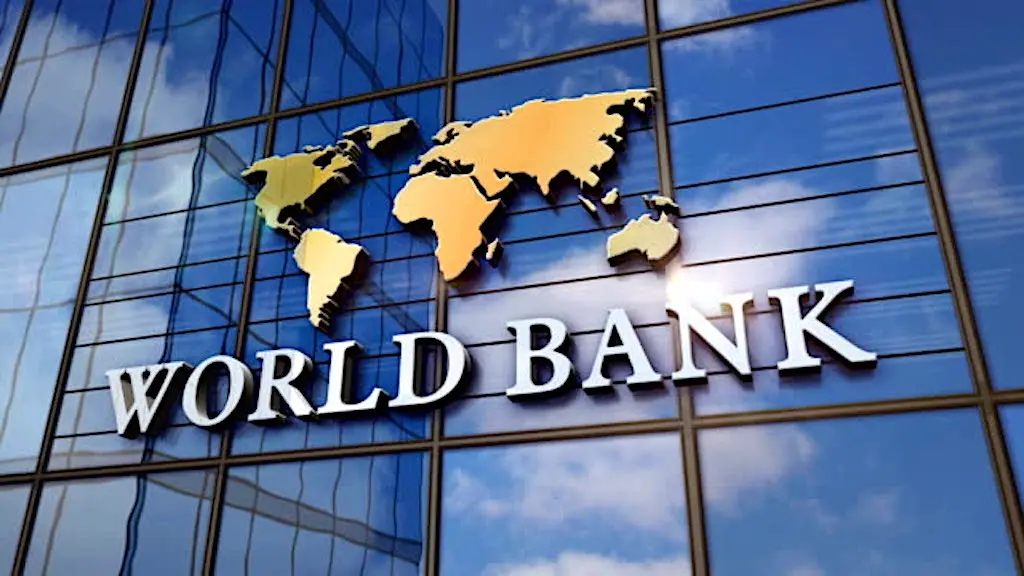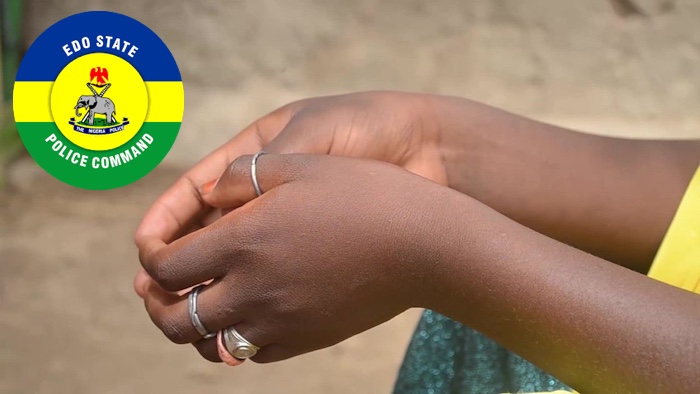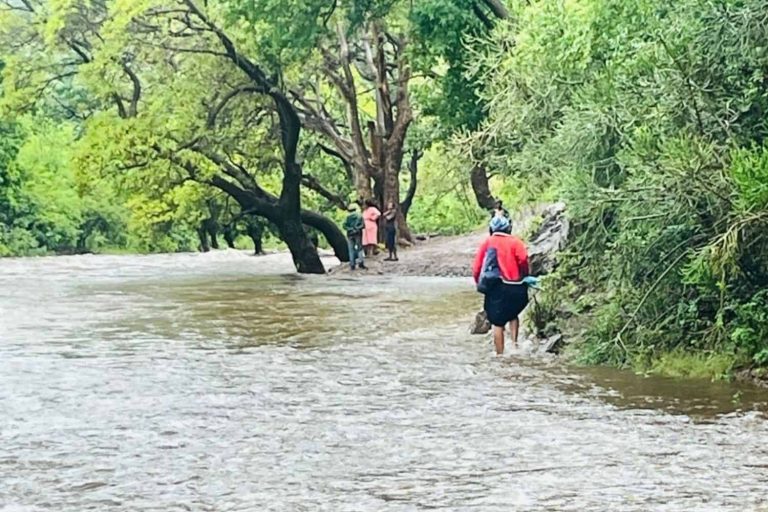
The World Bank has revised upward its growth projection for Nigeria and other sub-Saharan African economies to 3.8% in 2025, citing easing inflation, more stable exchange rates, and monetary policy reforms that are beginning to bear fruit.
In its latest Africa Pulse Report, the Bank said the region is gradually recovering from a decade marked by economic shocks and instability. The revised growth forecast is an upgrade from 3.5% predicted in April, driven by improvements in countries like Nigeria, Ethiopia, and Ivory Coast.
“While this marks a gradual recovery from a decade of successive shocks, the rebound has yet to gain strong momentum,” the report noted.
The growth revision follows the Central Bank of Nigeria’s decision last month to lower interest rates slightly from 27.5% to 27%, as inflation begins to ease and the naira stabilises after a turbulent year.
The World Bank cited growing real incomes, recovering investor confidence, and a rebound in private consumption and investment as reasons for the stronger economic performance across the region.
Key Forecast Highlights:
- 2025 GDP Growth (SSA region): 3.8%, up from 3.5%
- 2026–2027 average forecast: 4.4%, marginally higher than previous 4.3% estimate
- 30 out of 47 African economies saw growth forecasts revised upward
- Median inflation is now under 4%, creating space for monetary easing
- FX pressures easing in countries previously hit hard by dollar volatility
Fiscal Risks Remain
Despite the more optimistic outlook, the report warned that fiscal consolidation across several African economies may slow the pace of recovery, particularly if governments cut spending too aggressively.
“These favourable conditions are fuelling a recovery in private consumption and investment,” the report said, but it also stressed that high debt burdens and global trade uncertainty could threaten the region’s fragile recovery.
Andrew Dabalen, the World Bank’s Chief Economist for Africa, pointed to growing uncertainty around U.S. trade policy, particularly the pending expiry of the African Growth and Opportunity Act (AGOA), a major trade agreement between the U.S. and African nations.
“Trade challenges remain very high. We don’t know how this is going to be resolved,” Dabalen said, highlighting ongoing negotiations under the Biden administration and uncertainty in global supply chains.
Youth Employment Crisis Looms
Beyond economic figures, the World Bank stressed the urgent need to create decent jobs for Africa’s rapidly expanding youth population. With three-quarters of new jobs currently in the informal sector, formal employment remains scarce in many economies, including Nigeria.
“These jobs have to be jobs that provide a living wage and secure lives,” Dabalen said.
“The consequences of not solving these problems are hard to contemplate. They will be very disruptive, and I think we’re beginning to see the signs of it.”
Recent youth-led protests in Nigeria, Kenya, and Madagascar reflect mounting frustration over unemployment, inflation, and lack of public services.



